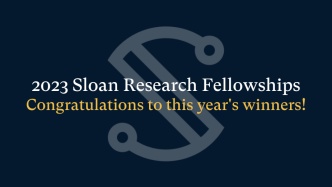
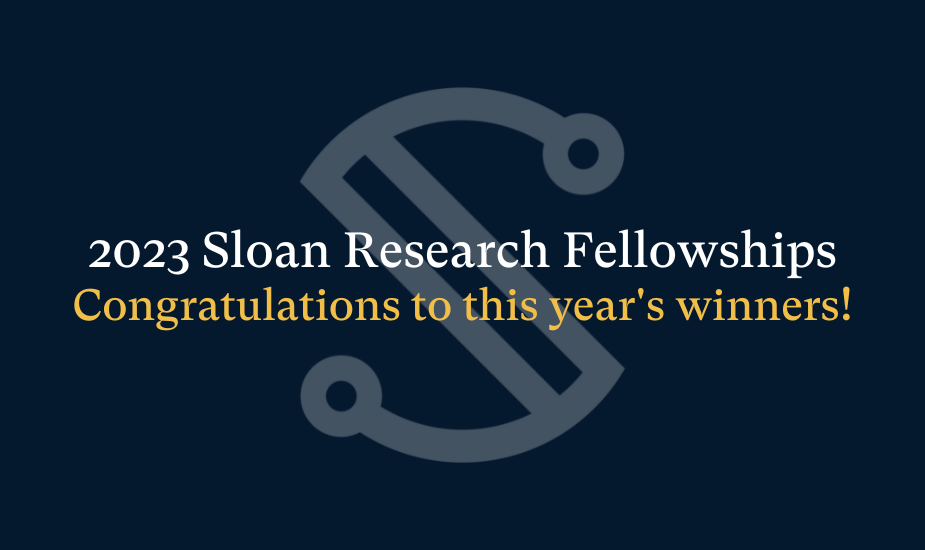
The list of winners of the 2023 Sloan Research Awards has been announced, and 125 outstanding scientists from the United States and Canada have been awarded.
Another "Nobel Prize Winner" award - the Sloan Research Fellowship (Scholarship) draws a prize!
Thirty outstanding Chinese young scientists won the award, accounting for about a quarter of the total number of recipients in 2023.
Candidates for this award must be faculty members of a college, university, or other degree-granting institution in the United States or Canada .
At 10:00 EST on February 15th, the Alfred P. Sloan Foundation announced the winners of the 2023 Sloan Research Awards in New York. 125 outstanding scientists from the United States and Canada were awarded.
Each recipient will receive $75,000 to support any costs of their research over two years.
"Their creativity, innovation and research accomplishments distinguish them as the next generation of scientific leaders," said a release from the Sloan Foundation.
Lee Kuan Yew's grandson wins 2023 Sloan Fellowship
According to the Singapore media Lianhe Zaobao, the grandson of Singapore's founding prime minister Lee Kuan Yew , the nephew of the current prime minister Lee Hsien Loong, the eldest son of Lee Hsien Yang, and assistant professor of economics at Harvard University, Shengwu Li (Shengwu Li) also won the 2023 Sloan Research Award.
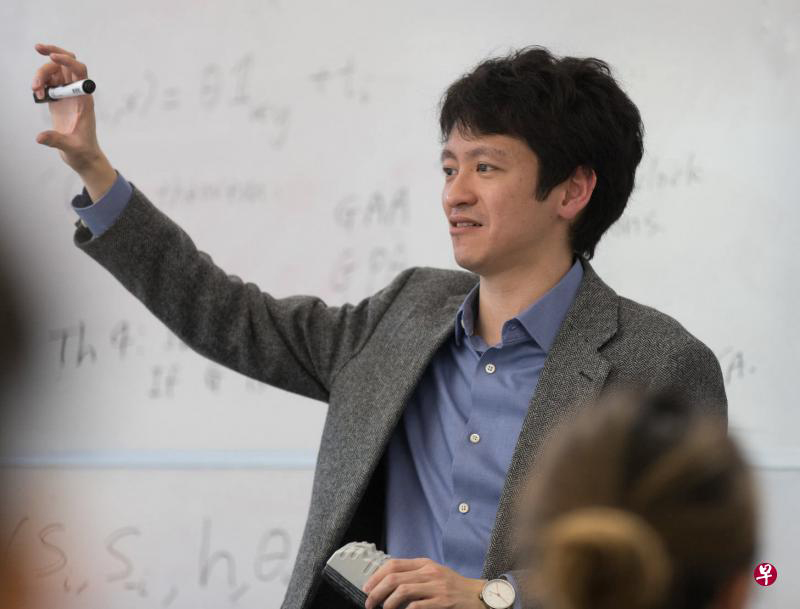
Shengwu Li, Assistant Professor of Economics at Harvard University.
On his personal webpage, Li Shengwu introduced that he studies economic theory and behavioral economics, hoping to design an economic system that is simple and transparent to humans in the presence of computational complexity.
The Sloan Research Fellowship, given annually since 1955, is one of the most prestigious awards among young researchers, in part because many past recipients have become luminaries in the scientific community, according to a release from the Sloan Foundation. Since 2007, 56 Sloan Prize winners have won the Nobel Prize, 17 have won the Fields Medal in the field of mathematics, and 22 have won the John Bates Clark Medal in the field of economics. Physicist Richard Feynman and Murray Gell-Mann, the father of modern game theory, and mathematician John Nash were both recipients of the Sloan Research Prize gainer.
The Sloan Research Awards recognize and reward outstanding young faculty members who have the potential to revolutionize their fields of research. Candidates for this award must be faculty members of a college, university, or other degree-granting institution in the United States or Canada; candidates must have a background in chemistry, computer science, earth system science, economics, mathematics, neuroscience, physics, etc. A PhD or equivalent in 7 fields or a related field.
In addition, on February 7, 2023, another award known as the "Nobel Prize vane", the Wolf Prize issued by the Wolf Foundation of Israel, announced the list of winners. Six scientists, including Chinese-American chemical biologist, University of Chicago professor, and University of Science and Technology of China alumnus He Chuan, won the 2023 Wolf Prize.
Three alumni of Peking University including Tang Yunqing won the award
According to the WeChat official account of the School of Mathematical Sciences of Peking University, according to incomplete statistics, since 2007, 27 alumni have won the Sloan Research Award. Among the 20 winners in mathematics in 2023, 6 are Chinese scholars. Among them, Tang Yunqing and Zhuang Ziquan, alumni of the School of Mathematical Sciences of Peking University, are on the list.
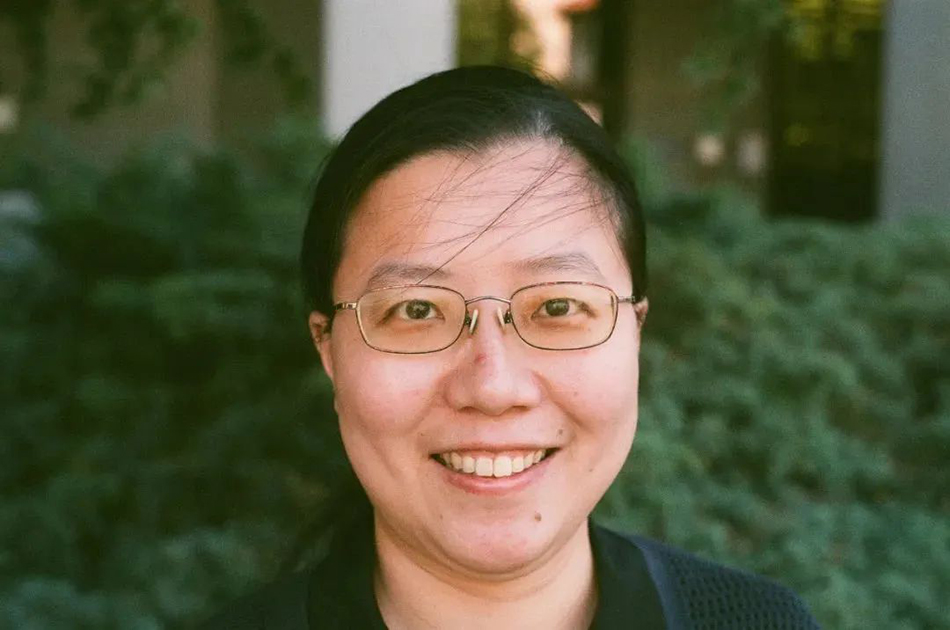
Yunqing Tang is an assistant professor in the Department of Mathematics at the University of California, Berkeley.
Tang Yunqing , from 2007 to 2011, studied in the School of Mathematical Sciences of Peking University as an undergraduate; in 2016, he received a Ph.D. He has worked at Princeton University, CNRS and Paris-Saclay University. In October 2022, Tang Yunqing won the 2022 SASTRA Ramanujan Award for his remarkable research achievements in arithmetic geometry and number theory.
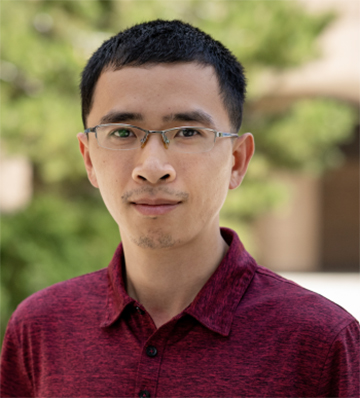
Zhuang Ziquan, Assistant Professor of Mathematics at Johns Hopkins University.
Zhuang Ziquan , from 2010 to 2014, studied at the School of Mathematical Sciences of Peking University as an undergraduate; in 2019, he received his Ph.D. Mainly engaged in the research of algebraic geometry, especially double rational geometry. Zhuang Ziquan was awarded the 2022 Clay Research Fellowship (2022 Clay Research Fellows) for his important contributions to high-dimensional birational geometry.
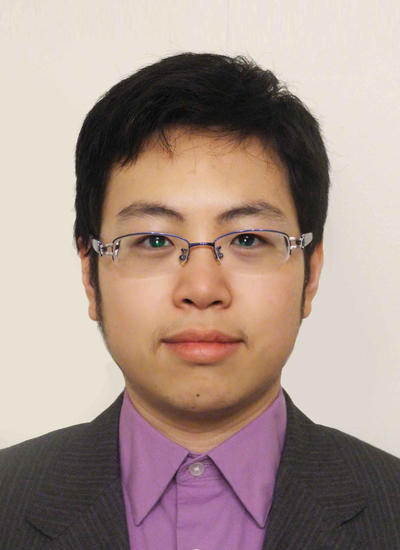
Jing Yan, assistant professor of molecular, cellular and developmental biology at Yale University.
Jing Yan , from 2005 to 2009, studied at the School of Chemistry and Molecular Engineering of Peking University and obtained a bachelor's degree; PhD in engineering. During his Ph.D., he collaborated with Steve Granick to develop new reconfigurable active colloidal materials. He is currently an Assistant Professor of Molecular, Cellular, and Developmental Biology at Yale University and a member of the Yale Institute for Quantitative Biology (Qbio).
Zhu Huiyuan and other 5 alumni of USTC won awards
According to the New Chuang Alumni Foundation of the University of Science and Technology of China, five alumni of the University of Science and Technology of China who have studied in the United States have won the 2023 Sloan Research Award, namely Zhu Huiyuan, Ma Qiong, Wang Junpeng, Wu Sanfeng, and Tian Xiaochuan.
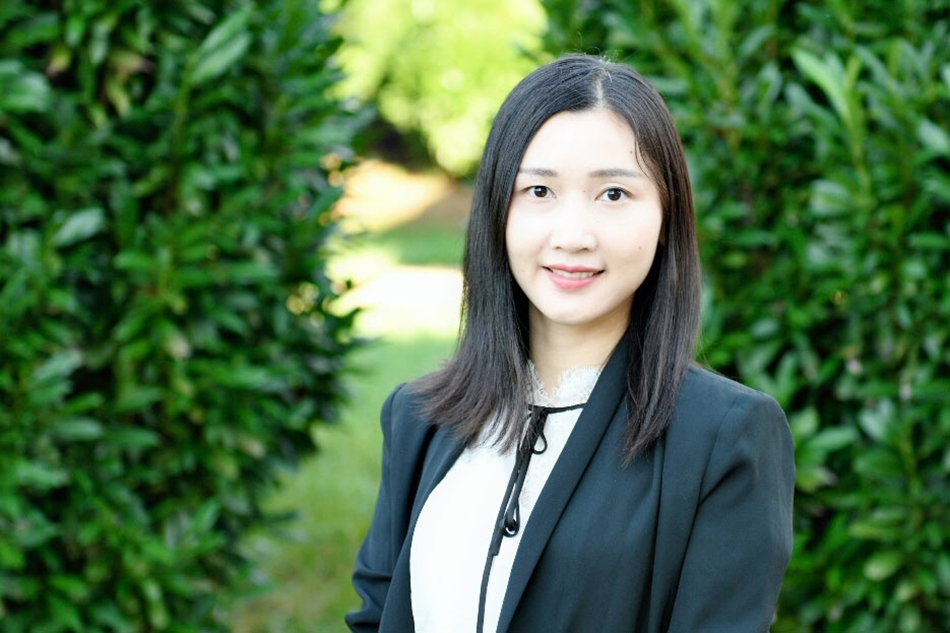
Huiyuan Zhu, assistant professor of chemistry at the University of Virginia.
Zhu Huiyuan , 0519 alumnus of the School of Chemistry, University of Science and Technology of China, is from Quanjiao Middle School in Anhui Province. She has a Ph.D. from Brown University and is currently an assistant professor in the Department of Chemistry at the University of Virginia.
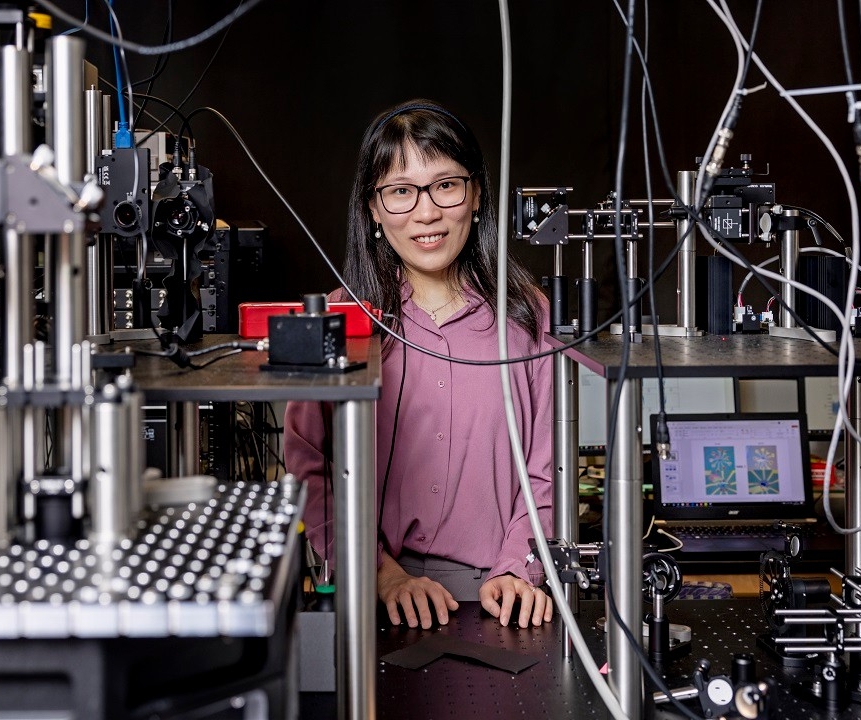
Joan Ma, assistant professor of physics at Boston College.
Ma Qiong , a 0600 alumnus of the Junior Class Academy of the University of Science and Technology of China, is from Huaibei No. 1 Middle School in Anhui Province. She has a Ph.D. from the Massachusetts Institute of Technology and is currently an assistant professor of physics at Boston College.
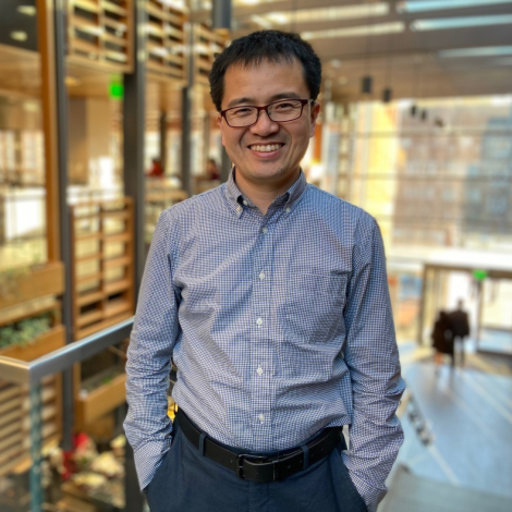
Wang Junpeng, Assistant Professor of Polymer Science at Arkon University.
Wang Junpeng , 0619 alumnus of the School of Chemistry, University of Science and Technology of China, is from the High School Affiliated to Xigong University in Shaanxi Province. He has a Ph.D. from Duke University and is currently an assistant professor of polymer science at Arkon University.
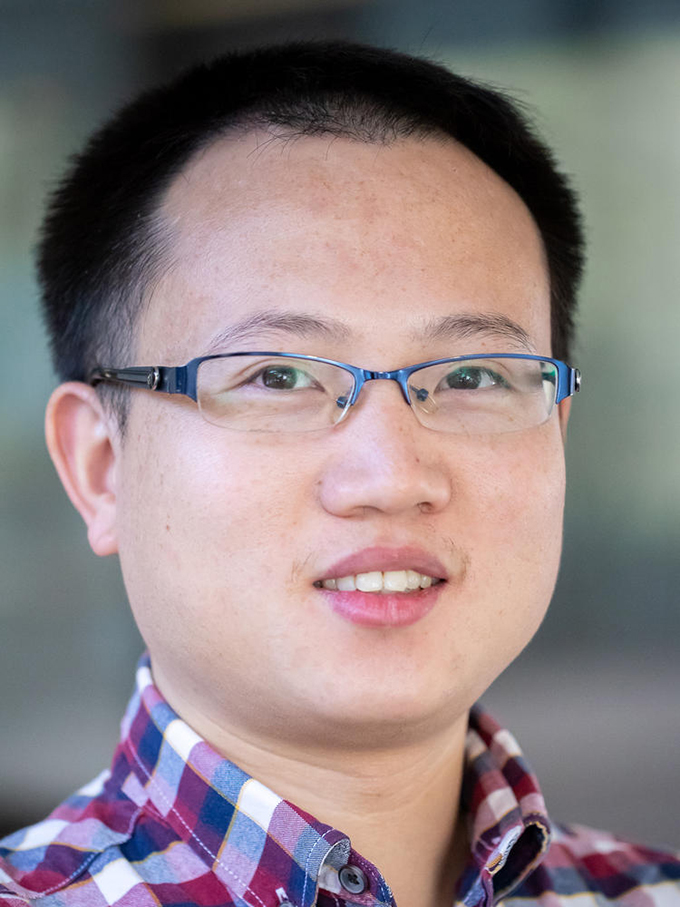
Wu Sanfeng, assistant professor of physics at Princeton University.
Sanfeng Wu , an alumnus of 06203 School of Physics of USTC, is from 168 Middle School in Hefei, Anhui Province, and received a Ph.D. from Washington University (supervised by Professor Xu Xiaodong, alumnus of 9704). He is currently an assistant professor of physics at Princeton University.
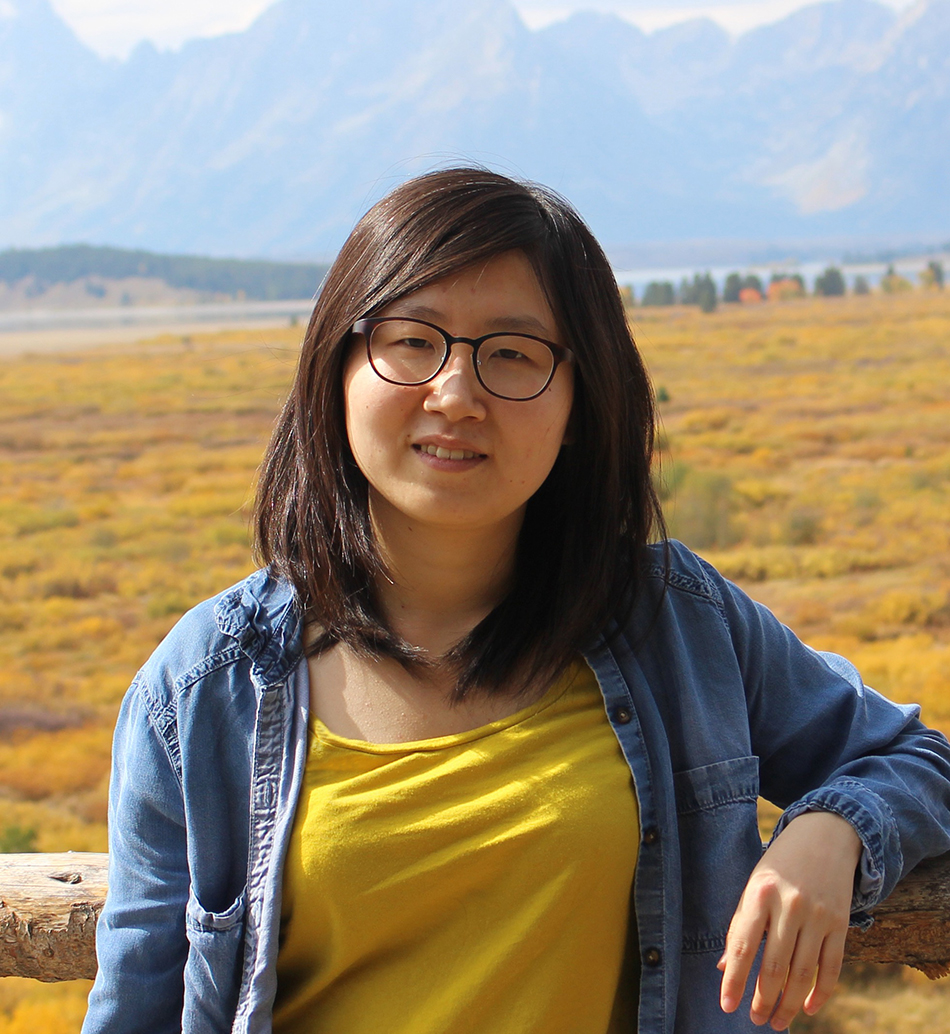
Xiaochuan Tian, assistant professor of mathematics at UC San Diego.
Tian Xiaochuan , 0700 alumnus of USTC Junior Class Academy, is from Nankai Middle School in Chongqing, Ph.D. of Columbia University (supervised by 801 alumnus Professor Du Qiang), and is currently an assistant professor of mathematics at the University of California, San Diego.
Six alumni of Tsinghua University, including Han Song, won the award
According to the Tsinghua University Alumni Association, six Tsinghua alumni have won the 2023 Sloan Research Award.
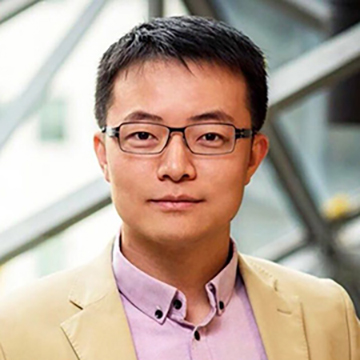
Song Han is an associate professor in MIT's Department of Electrical Engineering and Computer Science.
Han Song received his bachelor's degree from the Electronics Department of Tsinghua University in 2012 and his Ph.D. from Stanford University in 2017. He is currently an associate professor in the Department of Electrical Engineering and Computer Science at the Massachusetts Institute of Technology. Han Song is committed to deep learning and computer architecture research; the "deep compression" technology he invented makes it possible for artificial intelligence algorithms to recognize objects, generate images, and understand human language, so that they can run in real time on smartphones; Inference Engine," which first exploited model compression and weight sparsity in deep learning accelerators.
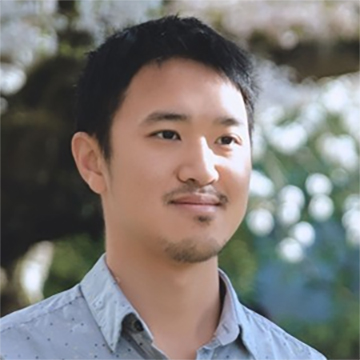
Li Yuanzhi, Assistant Professor of Machine Learning at Carnegie Mellon University.
Li Yuanzhi received a bachelor's degree from the Computer Science Experimental Class (Yao Class) of the School of Interdisciplinary Information, Tsinghua University in 2014, and a second bachelor's degree from the Department of Mathematics; he received a master's degree and a doctorate degree from Princeton University in 2016 and 2018, respectively. He is currently an assistant professor in the Department of Machine Learning at Carnegie Mellon University. Li Yuanzhi is currently engaged in deep learning theory work, mainly including the basic theory and practice of deep learning, convex optimization algorithm and non-convex optimization algorithm design, data processing algorithm analysis, etc.
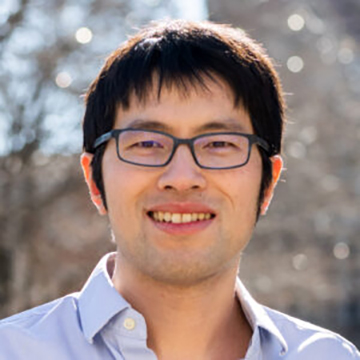
Tan Chenhao, Assistant Professor of Computer Science at the University of Chicago.
Chenhao Tan received a bachelor's degree from the Computer Science Department of Tsinghua University in 2010 and a second bachelor's degree from the School of Economics and Management at the same time; he received a doctorate degree from Cornell University in 2016. He is currently an assistant professor in the Department of Computer Science, University of Chicago. Tan Chenhao's research directions are mainly human-centered machine learning, natural language processing and computational social science.
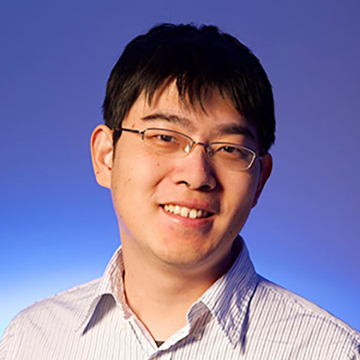
Xiaodi Wu is an assistant professor in the Department of Computer Science and the Institute for Advanced Computing at the University of Maryland, College Park, and a researcher at the Joint Center for Quantum Information and Computer Science.
Wu Xiaodi received his bachelor's degree from the Department of Physics of Tsinghua University in 2008, and his Ph.D. degree from the University of Michigan-Ann Arbor in 2013. He is currently an assistant professor in the Department of Computer Science and the Institute for Advanced Computing at the University of Maryland, College Park, and a researcher at the Joint Center for Quantum Information and Computer Science. Xiaodi Wu is mainly engaged in theoretical research on quantum information and computing, including classical and quantum cryptography, quantum communication, quantum algorithms, etc.
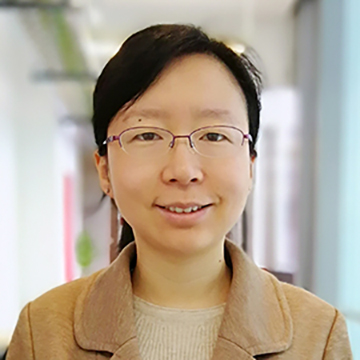
Ke Zheng, Assistant Professor of Statistics at Harvard University.
Ke Zheng received his bachelor's degree in 2009 from the Department of Physics of Tsinghua University (Mathematics and Science) and his Ph.D. in 2014 from Princeton University. He is currently an assistant professor in the Department of Statistics, Harvard University. Zheng Ke's research interests include high-dimensional statistics, machine learning, social network analysis, text mining, bioinformatics and statistical genetics.
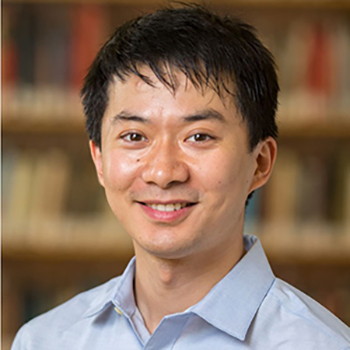
Li Jia, assistant professor of physics at Brown University.
Li Jia received a bachelor's degree from the Department of Physics of Tsinghua University in 2008 and a Ph.D. from Northwestern University in 2014. He is currently an assistant professor in the Department of Physics, Brown University. Li Jia's research direction is condensed matter experimental physics, with a focus on quantum phenomena emerging in two-dimensional materials and their van der Waals assemblies.
List of 2023 Sloan Fellows: https://sloan.org/fellowships/2023-Fellows
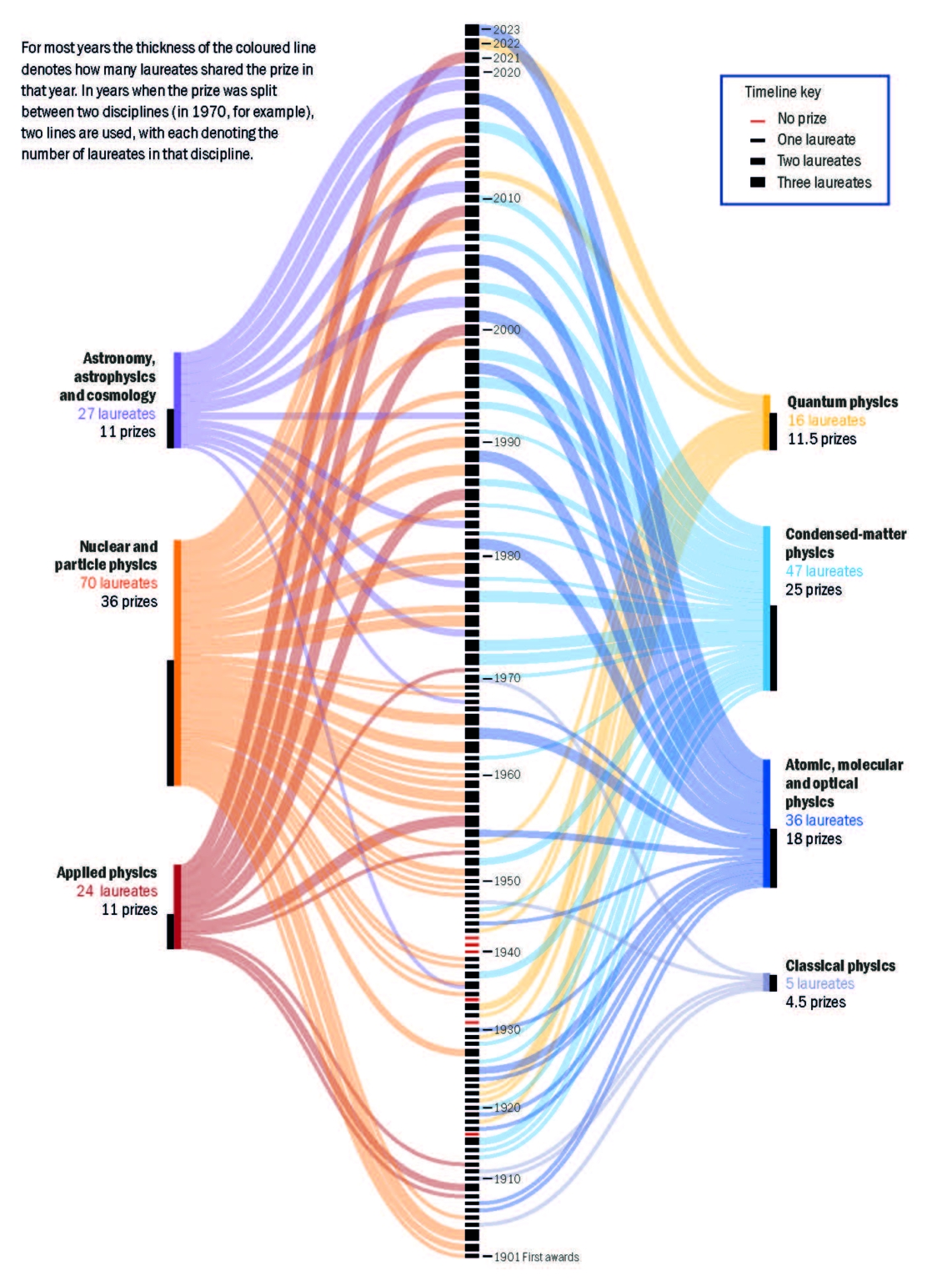
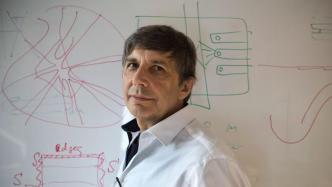
Thanks a lot! Numerous write ups. webpage You said this adequately! casino en ligne Amazing posts. Thanks! casino en ligne Great write ups. Many thanks. casino en ligne Nicely put. Thanks a lot. casino en ligne Good information, Kudos! casino en ligne You expressed it really well! casino en ligne You actually reported that well! casino en ligne Superb tips, Thank you! casino en ligne Regards! I enjoy it. casino en ligne